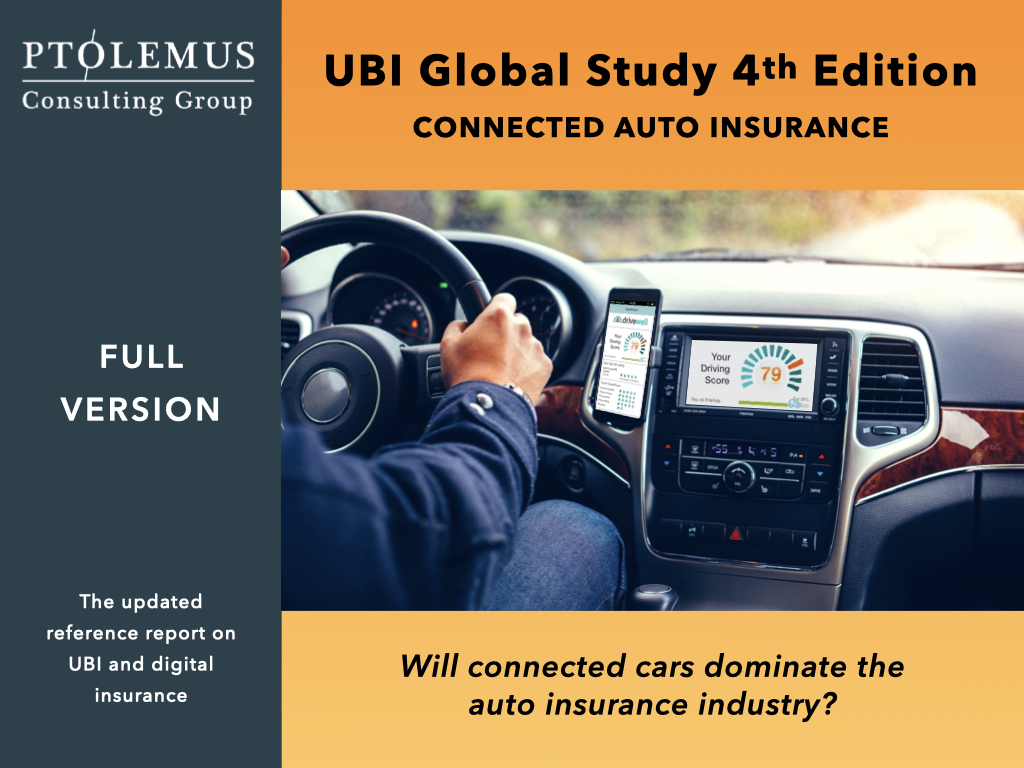The new face of mobility pricing is powered by connected services
Holland is where the future of mobility pricing is starting. In anticipation of the forthcoming report from PTOLEMUS on Road Charging and with insight from the recent RUC conference in Amsterdam, we look at the latest Spitsmijden project in Rotterdam that aims to curb peak traffic.
BNV Mobility, the consortium behind the series of pilot projects supported by local and national authorities, is formed by road and toll service operators: Brisa and Egis Projects together with a Dutch toll consultant Nedmobiel.
Their latest project MyJINI is different, it is open ended, supported at the start by the Dutch transport ministry and the regional government but expected to demonstrate a sustainable business model.
The consortium is currently running 2 projects in the Rotterdam area:
Wild Van de Spits2015 is a “closed Project” for delivering rush hour traffic “avoidances” which directly rewards selected drivers with cash incentives when they do not drive during rush hours and is funded directly by the government.
myJINI which is a full scale mobility service package and is funded through business partnerships. It benefits from financial support, under the guise of subsidies for performance, in order to create a sustainable business model that also contributes to indirectly creating rush hour traffic “avoidances”. The key difference here is that the reward model is not fed by subsidies but through private partnerships with other businesses.
To demonstrate “avoidance” the past projects have used a number of different solutions including Automatic number plate recognition (ANPR), smartphone and black boxes. The latest project is using an OBD dongle. All members receive a free “myJINI connector” that gives behaviour feedback from the driver’s personal online dashboard. Using this system, the drivers will get a range of benefits:
- Fuel and maintenance savings from better driving
- 5% discount on their insurance premium through a partnership with Allsecur (a brand from the Group Allianz). Discounts are also linked to a drivers rating which is calculated only as a comparison with other drivers in the project. Only the 75% best drivers get bonus $JINIs.
- MyJINI fuel card, giving discounts of 15 cents per litre through a partnership with Shell.
- Emergency assistance in case of accident
- $ JINI which are points earned from avoidance and that can be used towards discounts on car insurance as well as a web shop.
Of course, every time the car is used during rush hours, $ JINI are deducted from the drivers account. For the drivers as well as for BNV Mobility, the benefits – and subsidies- are measured in numbers of days not driven per week. Beyond short term avoidance, the project wants to change mobility behaviour.
The target market for these programmes has always been the frequent users with a leased or private car. At first the drivers had to be eligible and were targeted by the project organisers. With MyJINI, any driver can join on a voluntary basis and the approach is also expending outside the area around Rotterdam.
MyJINI is a pilot at many levels, but none more important than demonstrating a viable business model for mobility pricing. BNV Mobility manages to bring in the necessary starting capital requirements, either from equity or from financial operations in order to get the project off the ground.
It also needs to balance the books so the mobility pricing project brings long-run positive results by, on one hand, ensuring the self-sustainability of earning/spending point model and guarantying the necessary “liquidity”. Without rewards, the model falls apart; the previous pilot projects have clearly demonstrated that the quality and choice of rewards is paramount to customer retention – and most importantly to the long term behaviour change. And on the other by creating a valuable ecosystem for B2B partners to profit, grow, add value or reduce external costs.


